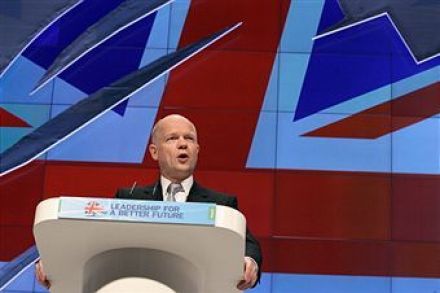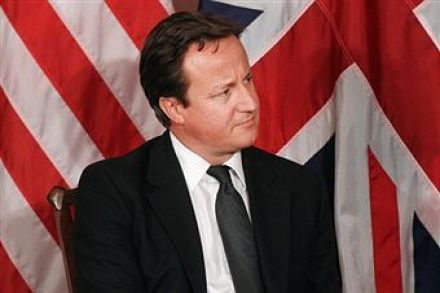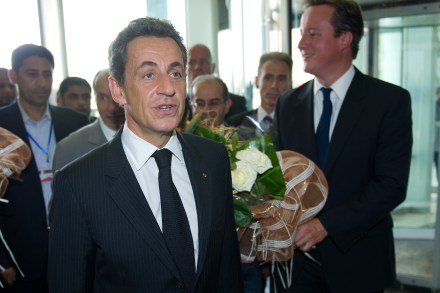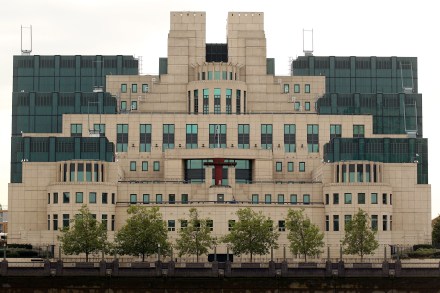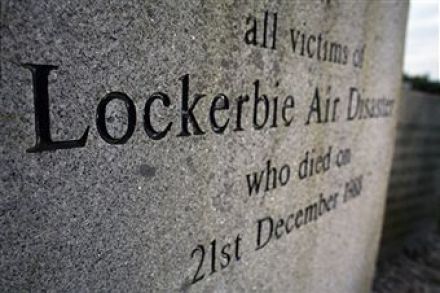Hague’s European dilemma
William Hague’s conference speech caps a revival in his political fortunes, and it also showed how far the government has come since the pre-election period, when Tory foreign policy was indistinct. After one year in office, the government’s roster of foreign policy achievements is noteworthy. The coalition has overseen institutional innovations in the form of the National Security Council and organisational improvements at the Foreign Office. Embassies are opening, not closing. Diplomats are again being taught traditional skills, not trying to follow the latest foreign policy fad. Cooperation between DfiD and the Foreign Office is also much better than it was under Labour, with Andrew Mitchell and William Hague conferring regularly
